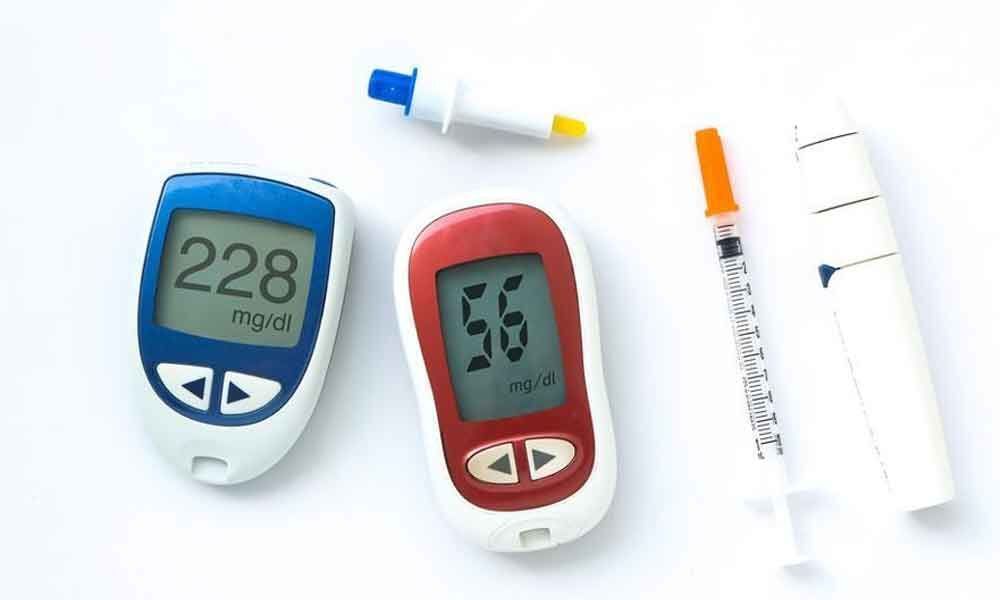Diabetics at higher risk of liver disease: Study

A recent study suggests that people with type 2 diabetes are at particular risk of liver disease and should be monitored closely to prevent life-threatening disease progression.
People with type 2 diabetes are at higher risk of deadly liver cirrhosis and liver cancer according to a new study.
According to the study published in the journal, 'BMC Medicine' patients in Europe are being diagnosed at the later stages of the disease, which are associated with greater risk of liver-related mortality.
The study involving 18 million people from across Europe also suggests that people living with type 2 diabetes are at particular risk of this "silent disease" and should be monitored closely to prevent life-threatening disease progression.
Non-Alcoholic Fatty Liver Disease (NAFLD) affects up to a quarter of people in the West and is the most common cause of liver diseases around the world. It is closely associated with obesity and type 2 diabetes.
For the majority, NAFLD is not a harmful condition, but one in six people will go on to develop the aggressive form of the disease, called Non-Alcoholic Steatohepatitis (NASH), leading to liver injury, scarring and eventually in some to cirrhosis, liver failure and even liver cancer.
By identifying which patients might go on to develop the more aggressive disease, interventions and treatments could be targeted to those at greatest need.
Lead researcher Dr William Alazawi said, "We were surprised that the number of patients with recorded diagnoses of Non-Alcoholic Fatty Liver was much less than expected, which means that many patients are actually undiagnosed in primary care.
"Even over the short time frame of the study, some patients progressed to more advanced, life-threatening stages of the disease, suggesting that they are being diagnosed very late."
He said it is important for the public, doctors and policymakers to be aware of this silent disease and strategies need to be put in place to tackle the root causes and avoid progression to life-threatening stages.
Naveed Sattar, one of the researchers said, "Doctors treating patients with diabetes already have a lot to check on - eyes, kidneys, heart risks - but these results remind us that we should not neglect the liver, nor forget to consider the possibility of NASH. They also remind us that perhaps more efforts are needed to help our patients with diabetes lose weight and cut alcohol."
More than 136,000 patients were identified with NAFLD/NASH and were more likely to have type 2 diabetes, hypertension and obesity than matched controls.
Looking at particular types of advanced liver disease, NAFLD/NASH patients were almost five times more likely to be diagnosed with cirrhosis and more than three and a half times more likely to be diagnosed with liver cancer.
The study also found that NAFLD/NASH patients acquired diagnoses of life-threatening liver disease within a relatively short time (around 3.3 years).
Researchers say that it is not practicable that this reflects true rates of disease progression.
The acquisition of a new diagnosis in the healthcare record does not necessarily mean that disease progression has occurred at that time, nor that the advanced disease did not exist at the time of the initial diagnosis.
The results also suggest that primary care records under-estimate disease severity and that some patients with NAFLD diagnoses actually have advanced cirrhosis already.
The research was funded by the European Union's Innovative Medicines Initiative and Dr William Alazawi was funded by the Medical Research Council.








